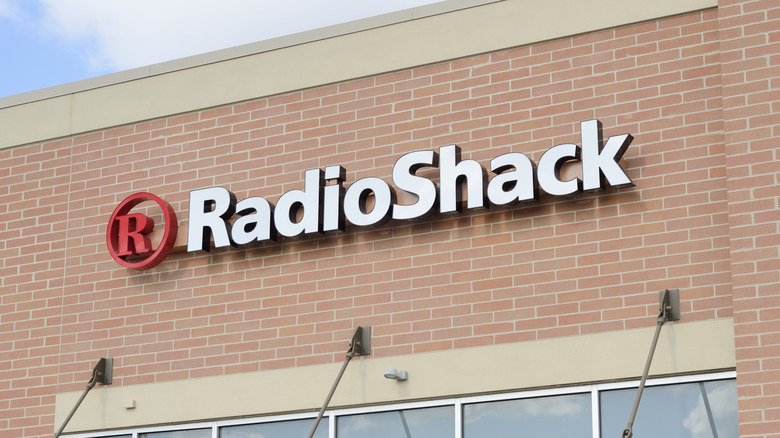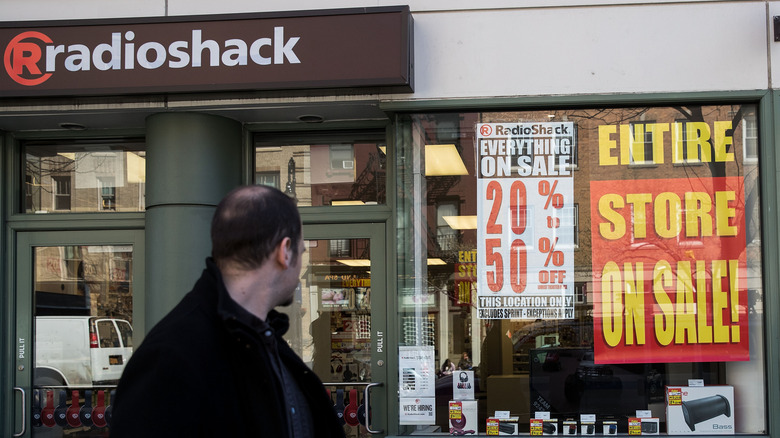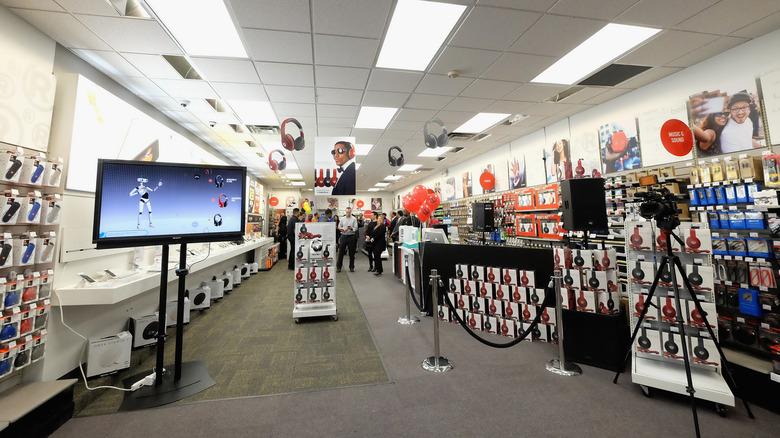This Popular American Electronics Retail Chain Closed More Than 8,500 Stores And The Reason Is Heartbreaking
In this current era of digitalization, many businesses that used to be highly successful have perished. For example, much like what happened to Blockbuster, Radio Shack is another company that failed to keep up with e-commerce. However, while Blockbuster only has one location still standing in the U.S. (which, to be honest is more like a museum than a fully functioning store) Radio Shack has, to a greater extent, managed to survive the rise of digitalization and is still somewhat of a fully functioning business. At the same time, it is worth noting that they did not manage to make it this far without any bumps or bruises, and have downsized their operations significantly compared to the early 2000s. The company has experienced a substantial amount of financial issues in the last decade or so as well, which inevitably has resulted in it shutting 8,500 stores.
As of 2025, RadioShack has officially minimized its operations down to just under 50 locations throughout the country, and its future looks rather grim. While there are a multitude of reasons for this outside of its past inability to compete with other retail giants like Best Buy, RadioShack's demise can ultimately be narrowed down to the fact that the company simply failed to adapt to e-commerce. After all, the majority of people today opt to order their electronics on Amazon as it's just easier and more convenient to do so.
The unfortunate demise of Radio Shack
Seeing as many popular fashion brands have filed for bankruptcy in 2025 as well as the fact that Best Buy, the largest electronics retailer in the U.S., is closing more stores this year, an unfortunate reality is becoming quite apparent for in-person retailers across the country. Truth is, people simply are choosing to shop online as opposed to in person. This has caused many once popular retail chains to be forced to close various locations due to a decrease in foot traffic, which in turn leads to less sales across the board. That said, unfortunately Radio Shack in particular is not immune to this trend and has been greatly affected as a result.
The gradual demise of Radio Shack can be attributed to a multitude of different reasons. One of the most notable of these was an increase in online competition and the company's failure to adapt to the growing market of e-commerce. Simply put, Radio Shack failed to ever establish any significant online presence in light of this, and also never lowered their prices to even be able to compete with online retailers like Amazon. Outside of this, the company's management also made a series of bad business and financial decisions. These included taking out close to a billion dollars worth of loans back in 2013 that they were unable to pay back due to poor sales numbers, and relying too heavily on cell phone sales to prop up their finances.
Other notable factors of Radio Shack's failure
Outside of the previous factors, another notable issue that led Radio Shack to close down so many locations was that it simply had too many locations operating too closely to one another. For example, in some cases the company would have over 5 different stores within 5 miles of each other, and having that many stores in such close proximity just wasn't necessary. After a while, amidst the rise of online shopping it ended up costing the company more money to keep these stores open than they were making in sales. That said, concentrating their operations became an obvious solution to their financial ailments. Regardless, beyond this it's clear that Radio Shack's failure as a business can largely be attributed to their inability to adapt to the changing landscape of online shopping.
At the same time, according to data gathered by Capital One, in-person shopping is still the preferred method of acquiring different types of merchandise by consumers. In fact, according to this study, in 2023 alone "American consumers spent $7.051 trillion in retail stores and $1.243 trillion online." Now if you're wondering why this reality hasn't benefited Radio Shack, it's largely because American consumers prefer buying electronics in particular online instead of in-person. Additionally, as mentioned previously, in the past Radio Shack's products were far more expensive compared to alternatives consumers were able to purchase online, thus wholesomely contributing to this issue.


